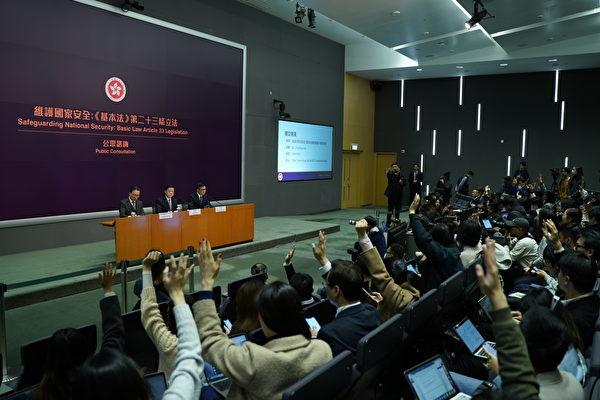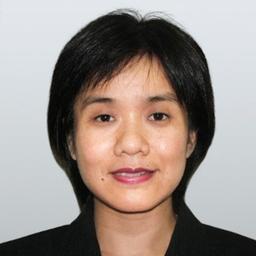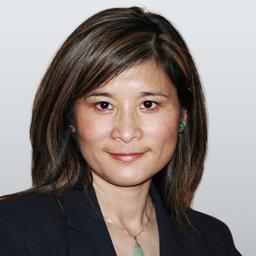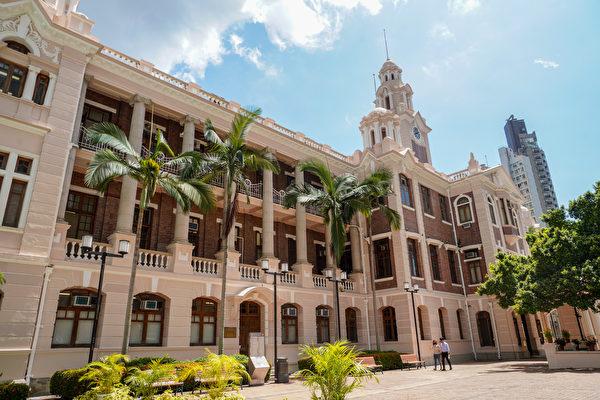The public consultation period for draft Article 23 of Hong Kong’s Basic Law ended on Feb. 28, sparking widespread condemnation from international governments and figures. Critics argue that the proposed Article 23 legislation threatens to undermine the rights and freedoms guaranteed by the Basic Law and the Sino-British Joint Declaration, urging authorities in Hong Kong to reconsider their approach.
State Department Raises Concerns
Matthew Miller, a spokesperson for the U.S. State Department, stated on Feb. 28 that the United States is closely monitoring Hong Kong’s proposed Article 23 of the Basic Law. He emphasized that this development has the potential to impact American citizens, investments, and businesses operating within Hong Kong.Mr. Miller’s statement highlighted concerns over the vague and expansive definitions outlined by the Hong Kong government, particularly regarding terms such as “state secrets” and “external interference.” Such ambiguity is feared and “could be used to eliminate dissent through the fear of arrest and detention.”






